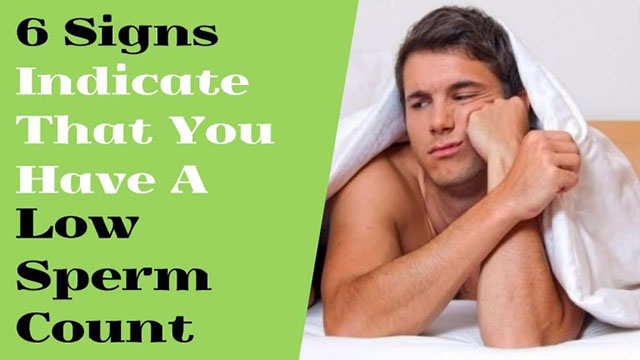Male infertility is on the rise. It has been seen that sperm count and motility is affected by a number of factors. A thorough history of the patient may unveil some of the factors.
Low Sperm Count Diagnosis
The condition is diagnosed on semen analysis when the count is less than 15 million/ml as per WHO standards. It is known as oligospermia. The complete absence of sperms is called Azoospermia. In case the motility and morphology (altered shape)of the sperm is impaired it impacts its ability to fertilize the egg. These parameters must be looked into also when assessing the sperm count.
How does sperm production occur?
Sperm production occurs in the testis. Testis produces testosterone and sperms under influence of hormones from the brain ( pituitary and hypothalamus). The sperms are carried from the testis through a duct for ejaculation. Sperm production could be affected by malfunction of any of these organs. It could be a pituitary or hypothalamic cause ( Hypogonadotropic hypogonadism) where hormones are deficient. It could be a testicular cause where testis is damaged and cannot produce sperms. In case there is obstruction of the duct there will be absent sperms in the ejaculate.
Low Sperm Count Causes
Poor sperm count could be due to many factors like smoking, poor diet, varicocele (dilated veins in testis), infections of accessory glands, undescended testis or mumps in childhood, testicular trauma or tumours. There could be a cause in the brain like tumours, trauma or infections which decrease central hormones responsible for boosting spermatogenesis. There could also be a genetic component to it.
Lifestyles factors like stress, poor diet, smoking, obesity, hot tub baths exposing testis to heat, and drugs.
Medications which can cause sterility are testosterone, anabolic steroids (taken by men who want to build muscles)chemotherapy, antihypertensive, cimetidine Dilantin erythromycin, etc.
Any severe systemic disease like renal or liver failure or high-grade fever can impact the sperm count
Low Sperm Count Investigations
A thorough clinical examination to see if a varicocele is present, the examination of testis for size and other pathologies and a general examination is required. Blood tests to check hormonal status are a must in severe cases as treatment is given accordingly. Hormones tested are those from pituitary – FSH, LH, those from testis – testosterone, and some others like prolactin and thyroid (TSH).
A urine analysis in case one suspects retrograde passage of sperms into the urinary bladder. Genetic testing for Y chromosome microdeletion or klienfelters syndrome, which are conditions leading to absent or low sperm count, may be done.
Low Sperm Count Treatment
Must include lifestyle changes where a good diet, exercise and weight loss is emphasized. Smoking must be stopped. Methods to decrease stress like meditation counselling, yoga etc should be offered. Antioxidants like Vit E, Vitamin C, carotene CoQ help to increase sperm fertilizing potential. A course of antibiotics is required if the infection is suspected.
Surgery may be required in large varicoceles. Hormones like FSH and hCG may be given to increase sperm count where the pituitary is affected leading to decreased secretion of these hormones which directly impact sperms production. Clomiphene in low doses also helps.
IVF is indicated, as when poor counts persist and there is no pregnancy with conventional methods of treatment, the recommended procedure is Intracytoplasmic sperm injection (ICSI) where sperm is injected into the egg as the low concentration of sperm will have poor fertilization rates if left to fertilize on its own.
It must be understood that most of these conditions are treatable and a fertility opinion must be taken for the right guidance.



What are the food to eat to boost your sperm and fruits
What medication 💊 can I take to boost my sperms
I want know more about it send me more information